Description
ABSTRACT
Odutola v Papersack: A Deliberate Departure or mere Sleepwalking?
Vitus Okpara*
Over the years, the law relating to the creation and termination of leases and tenancies has acquired certain level of crustation which can only be upset by a deliberate measure and not by default. In Odutola v Papersack, the Supreme Court, while not suggesting any particular change in policy, may have drifted away from age-long principles. Indeed, if the Court in that case intended to apply the existing law on the creation and/or termination of leases and tenancies, then there are good reasons to believe that the case was wrongly decided. If, on the other hand, the Court actually intended to redefine the law or introduce a change in judicial policy, then such an exercise was grossly misconceived and pathetically flawed. And since there was no clear basis for any change in law or policy in this regard, then the decision in Odutola v Papersack may best be described as an “accidental discharge”.
INTRODUCTION
In one of his most compelling journal articles, the erudite jurist, Denning admonished that “in the law, as in everything else, it is good to take stock from time to time and to know how things stand”.1 It is therefore good sense to take stock of the developments in the Nigerian legal firmament from time to time. When things go well, it is a duty cast on lawyers and juristic commentators to assess, appraise and, if need be, acclaim it. And when things go wrong, it is also imperative to take a hard look at the situation and say something.2
Without much ado, it is intended herein to demonstrate that Alhaji J.A. Odutola & Anor. v Papersack Nigeria Ltd,3 was not only wrongly decided but actually fell short of the standard4 expected of the Supreme Court as the bastion of justice and indeed the ‘shaper’ of our laws. With due deference, their Lordships in that case seemed to have unduly fought shy of well-settled principles and ended up with a judgment that was unfortunately bereft of reason, logic and law.5
Since Papersack remains a Supreme Court decision, it binds all lower courts in Nigeria6 for whatever it decides.7
* LL.M, BL. Legal Practitioner and author of Contract Law–A New Approach
- See A.T. Denning, Recent Development in the Doctrine of Consideration (1952) 15 MLR 1
- Compare Femi Falana ‘How Supreme Court wrongly freed Bode George, Others’ Premium Times Dec. 30, 2013 accessed 11th March 2016
- (2006) 18 NWLR (Pt 1012) 470; [2006] 11-12 SC 60; [2007] 7 WRN 1; (2007) 28 NSCQ 470
- As to standards, see note 39 below on the rather queer style of writing judgments at the Supreme Court
- Chianu berates that judgment as “… disappointing … fundamentally unsound and inexcusably misleading as the key issues were not analysed in sufficient depth” See Emeka Chianu, Law of Landlord and Tenant (2nd edn., LawLords Publications, Abuja & Lagos, 2010) 79
- The edifice of our judicial system is founded, built and nurtured by the doctrine of stare decisis and binding precedents. See James Orubu v National Electoral Commission & 13 Ors [1988] 12 SCNJ 254, 276. See also Francis Asanya v The State (1991) 3 NWLR (Pt 180) 422, 454. In this regard, it is pertinent to note that much as it is usually the ratio decidendi (and not the obiter dictum) of the judgment of a higher court that binds a lower court, yet the obiter dictum of the Supreme Court of Nigeria binds all other courts below it. See Benneth Ifediora & Anor v Ben Umeh & Ors (1988) 2 NWLR (Pt 74) 5, 13
- Even where an inferior court feels so strongly that the decision of a higher court, which it is called upon to apply was wrongly decided, it only needs to say or show that it does not personally agree with that decision, but must follow it nonetheless. See Nigeria Airways Ltd v Anor v Captain Godwin Ebeigbe [1986] 1 QLRN 22, 31-32

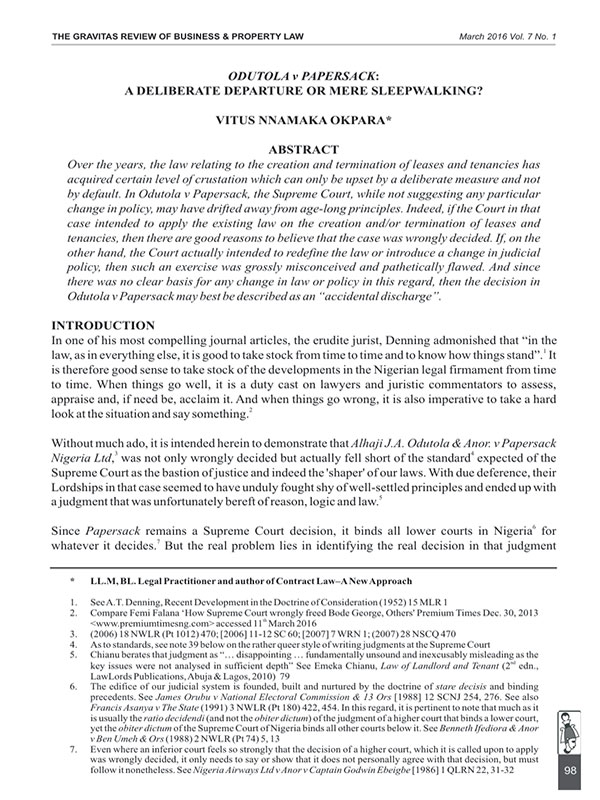
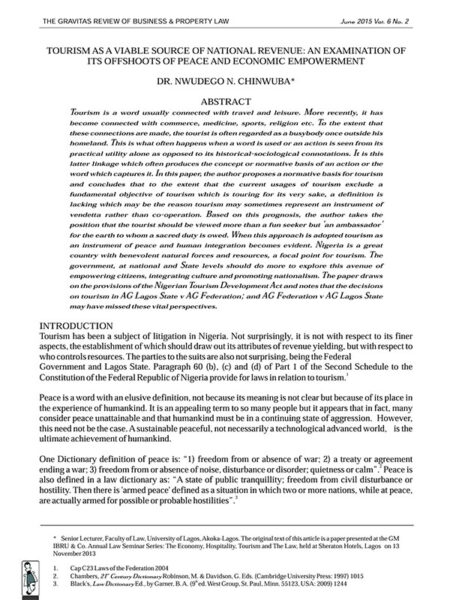
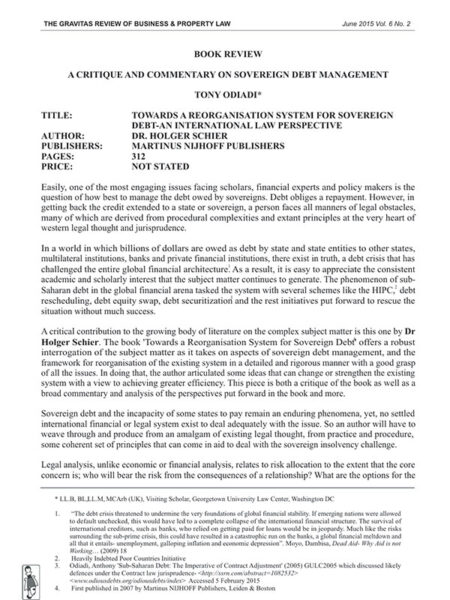
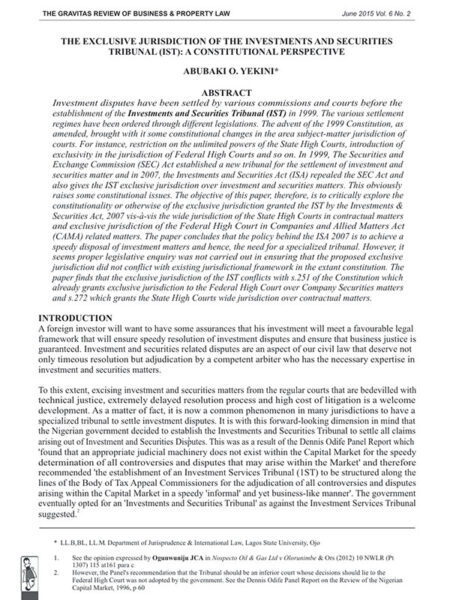
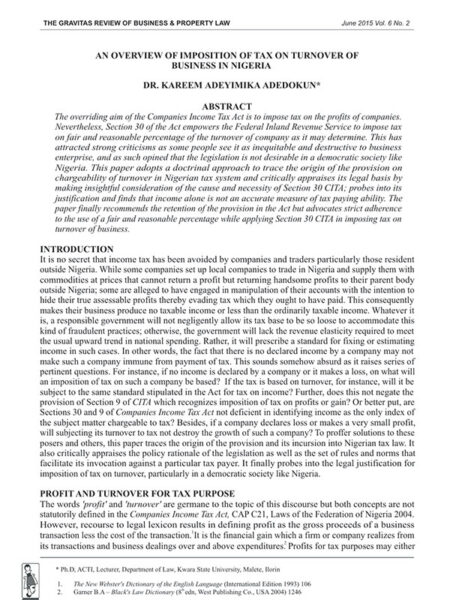


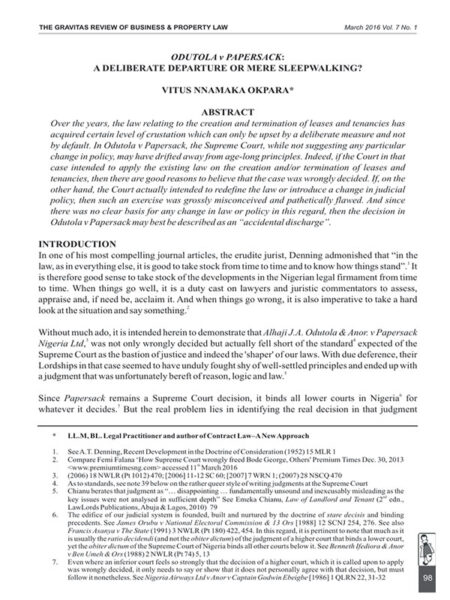
Reviews
There are no reviews yet.